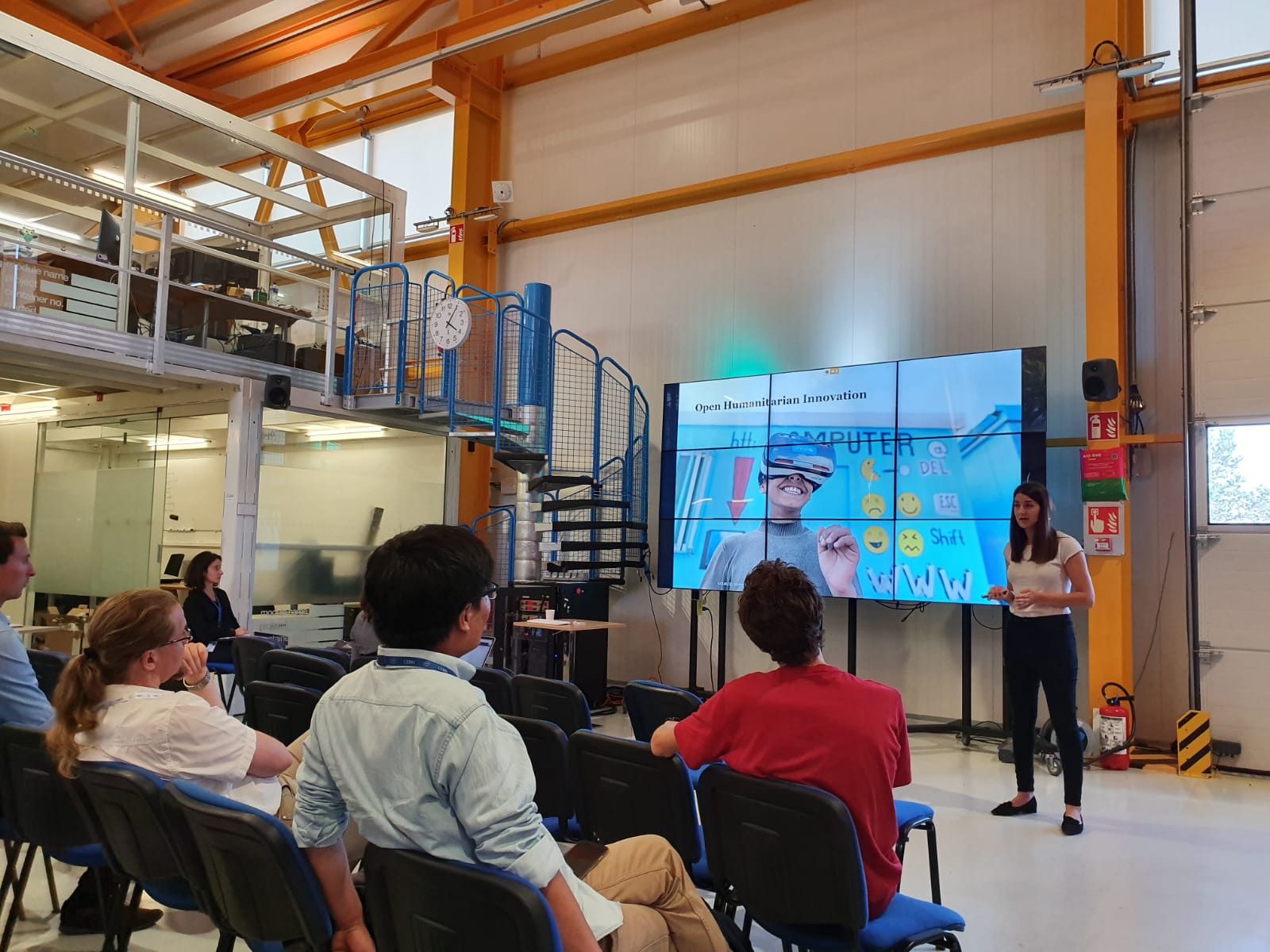

Shtefi Mladenovska is a Research and Teaching Assistant at the Institute for Entrepreneurship and Innovation at the Vienna University of Economics and Business. Before joining the university in 2019, Shtefi completed a Master’s degree in Consumer Affairs at the Technical University of Munich, and a Bachelor’s degree in Economics at FON University in Skopje.
Shtefi is also a Co-founder of a social enterprise providing entrepreneurship training across Ugandan universities, and exhibits practical experience in the areas of business development, design-thinking and sustainable entrepreneurship.
Humanitarian organizations have been dealing with complex crises conditions for decades, and their ability to address urgent needs in sudden emergencies is well known and prized. However, recent changes in the humanitarian settings are challenging their way of running business. First, a record number of people suffering from a combination of men-made and natural disasters need humanitarian assistance nowadays, and the funding available meets only 61% of all requirements on average. Crises have also become recurrent and protracted by nature, changing the needs people experience and altering our understanding of an effective humanitarian programming.
This dynamic environment urges these organizations to move away from standard response-options and open projects design to co-creation with beneficiaries. All of the efforts made for these purposes have implications on organizations’ internal processes and their interaction with beneficiaries. In the wide discourse arguing for greater humanitarian openness, the topic of (open) innovation appears as a potential solution. The first study published about it in 2009 led to significant institutional commitment and a set of divided opinions on its potential to reform the system. The former includes creation of centralized innovation units, open innovation initiatives and dedicated funding streams. The latter, on another note, separates those who believe that innovation can lead to transformational change from those who see innovation as a threat to classical humanitarian principles. Whilst humanitarian innovation has always taken place, there are no studies examining how these organizations move from closed to open innovation. What is particularly interesting is how individual humanitarian practicioners foster specific open innovation practices, breaking institutional barriers to openness and influencing adoption of open innovation on an organizational level. Considering the closed and project-based nature of the humanitarian sector, my research will examine the causal link between individuals’ behaviour and the (successful) adoption of specific open innovation practices.
The first contribution of this study is that it considers the less examined role that open innovation plays in non-profit (humanitarian) organizations. Standard humanitarian response options lead to projects that fail to meet beneficiaries’ needs and cause waste of resources. Opening up humanitarian programming to co-creation can lead to design and acceptance of novel solutions that fit local contexts. Second, most empirical studies on successful open innovation have been conducted on organizational level. My research goes down to the individual project rather than the whole humanitarian organization. Finally yet importantly, empirically analyzing the antecedents and consequences of certain behavior drivers can prove the influence of individual heterogeneity in the process of adopting specific open innovation practices.
